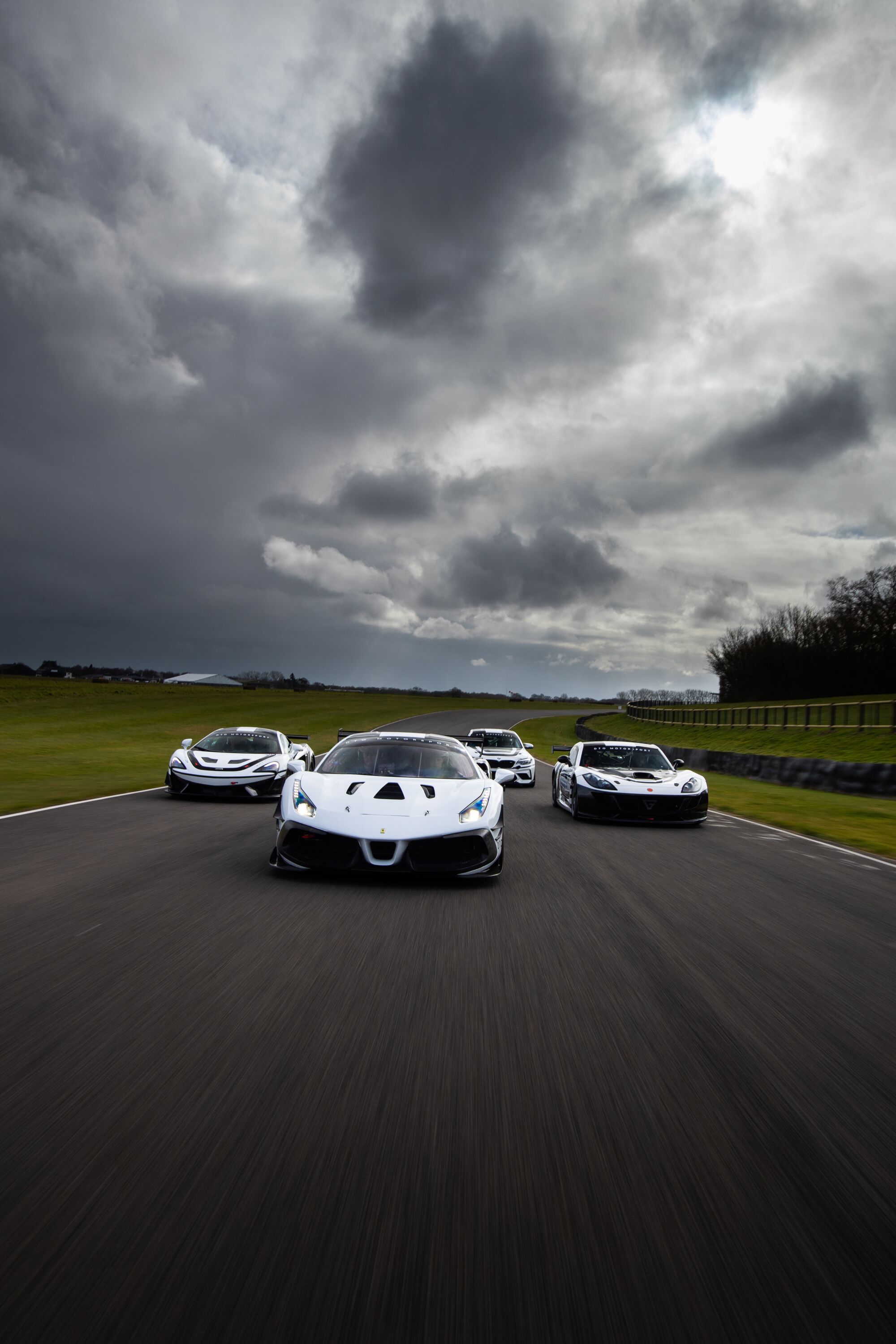BMW is testing a hydrogen-powered X5 – FOS Future Lab
BMW has announced details of the hydrogen-based powertrain for its i Hydrogen NEXT model, based on the current X5, and intended for a pilot release in 2022.

BMW has based its plans for the i Hydrogen NEXT on the X5 because it claims that hydrogen fuel cells are particularly suited to the larger vehicles in its line-up. The fuel cell itself generates the equivalent of 170hp (125kW) of energy for the electric motor.
Hydrogen is stored in two 700 bar tanks which hold a combined six kilograms; refuelling times are comparable to a current petrol or diesel BMW X5. The fuel cell’s output is boosted as needed by a ‘peak power battery’ which is fed by the fuel cell and regenerative braking to lift output to 374hp (275kW) during acceleration or overtaking.

The Bavarian car maker has been working with Toyota to develop hydrogen fuel cell technology for some years now but has been investigating hydrogen as a fuel since the late 1970s. The 520h from 1979 used a 3.5-litre direct injection engine which could run on either conventional fuels or liquid hydrogen. This was followed up with the Hydrogen 7 Series in 2005, a limited production saloon powered by a dual-fuel (petrol or hydrogen) 6.0-litre V12.
Perhaps the fact that it consumed hydrogen at a rate of less than six miles per gallon persuaded BMW that internal combustion was not the future for that particular alternative fuel. The company demonstrated i8 and 5 Series GT based fuel cell prototypes in 2015, two years into its partnership with Toyota, the Japanese firm having taken an early lead in the technology.
At the time, BMW indicated that it might have fuel cell cars on the road by the end of the decade. Now it has moved that milestone to the middle of this one instead, caveating it by rightly pointing out that it depends on widespread, zero-carbon hydrogen infrastructure being in place.
BMW
X5
Hydrogen
Hybrid
FOS Future Lab





